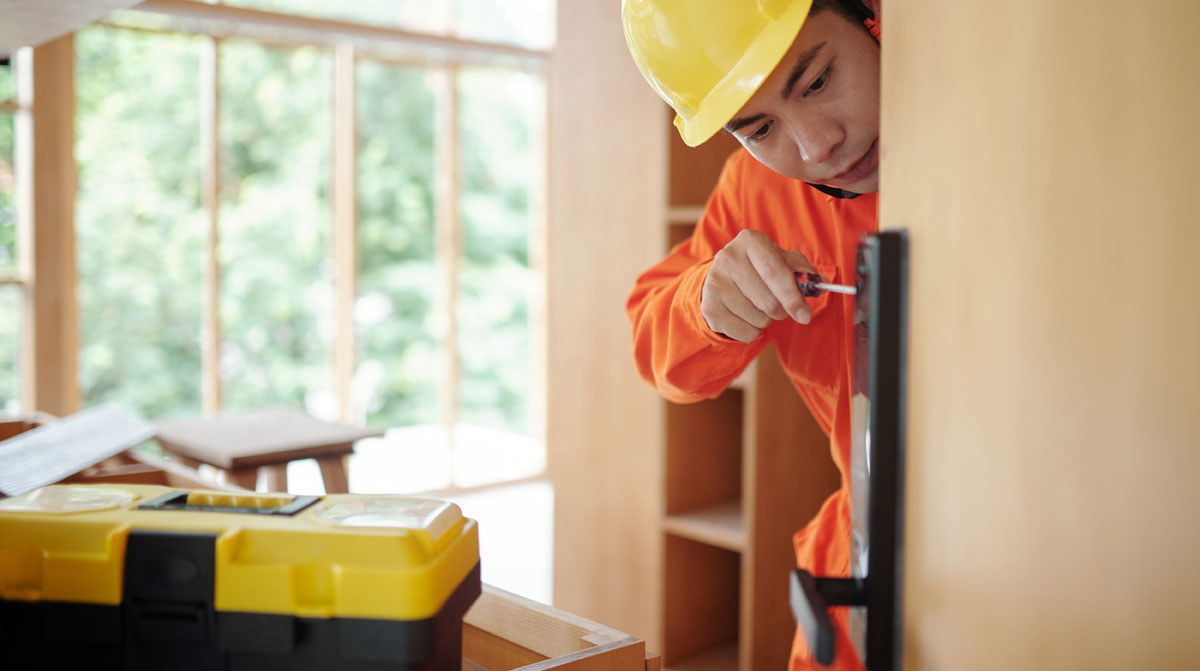
Being a landlord offers you the enviable opportunity to earn from your housing rental business, grow your investment, and thrive. Renting out your property, however, is not just about reaping the benefits of a lucrative source of passive income.
Just as you have expectations from your tenants like paying rent on time and honoring the lease agreement or contract, you also have the corresponding responsibilities to your tenants. Some are downright liabilities, which when not fulfilled will have grave repercussions.
Understanding Different Landlord Liabilities
Laws on landlord responsibilities vary by state and even city by city. It is in your best interest to be familiar with the regulations in the place where your rental property is located.
As a landlord, your responsibilities start when the lease is signed and should continue until the full duration of the landlord-tenant agreement. Taking your responsibilities to your tenant seriously will make running your business operation smoother.
1. Warranty of Habitability
Many landlord responsibilities fall under what’s called a Warranty of Habitability, which calls for the landlord to be responsible for providing a habitable unit for a tenant. By the term habitable, the unit must be fit to live in, free from hazards or defects, and be compliant with state and local building and health codes. Landlord responsibilities under this Warranty of Habitability include:
- Complying with all state and local building and health codes
- Maintaining structurally sound house components and weather-protected unit
- Providing facilities for electricity, heat, and hot and cold water
- Ensuring hazard-free, peaceful, and quiet living conditions
- Maintaining a pest-free home
2. Criminal Activity
Take measures to protect residents from crime and ensure their safety. Some of the steps you can take to reduce your liability include:
- Provide sturdy locks on doors and install lights in dark areas around the building.
- Take action immediately when learning of a dangerous situation.
- Inform the police and your tenants if there’s suspicious activity.
- Consider hiring security guards or setting up surveillance systems.
3. Making Repairs
Initiate repairs reported by tenants as soon as possible especially if the issue causes the rental unit to become uninhabitable or result in a safety hazard.
You can’t just enter a rented property while it is occupied. It’s common to give tenants 24 hours’ notice to make repairs or assess what repairs are necessary.
4. Secondhand Smoke
Secondhand smoke is a nuisance to residents especially those who have trouble breathing. You can consider banning smoking in and around your property in the lease agreement. Alternatively, you can designate smoking areas where smoke can’t drift into units.

5. Bed Bugs
You may be automatically liable for exterminating bed bugs. Not dealing with the pests soon enough may prompt renters to sue you for violating the warranty of habitability.
6. Dogs
You can be liable if you know that a dog was dangerous and didn’t have it removed from the property. The easiest way to avoid liability is to disallow dogs or dangerous pets in the lease agreement.
7. Slips and Falls
You are liable for slip and fall accidents if you fail to remove obstacles, provide easy accessibility, or install appropriate lighting. These accidents occur most commonly in areas such as doorways, stairs, ramps, uneven surfaces, and crowded areas.
You can address liabilities easily with the help of skilled and experienced property managers like us. We are a Las Vegas property management and Henderson property management company that can monitor and deal with any potential liabilities.
We’ll take care of these responsibilities for you, knowing you have limited time and resources. We have been managing Las Vegas luxury real estate including landlord liabilities for many years.
